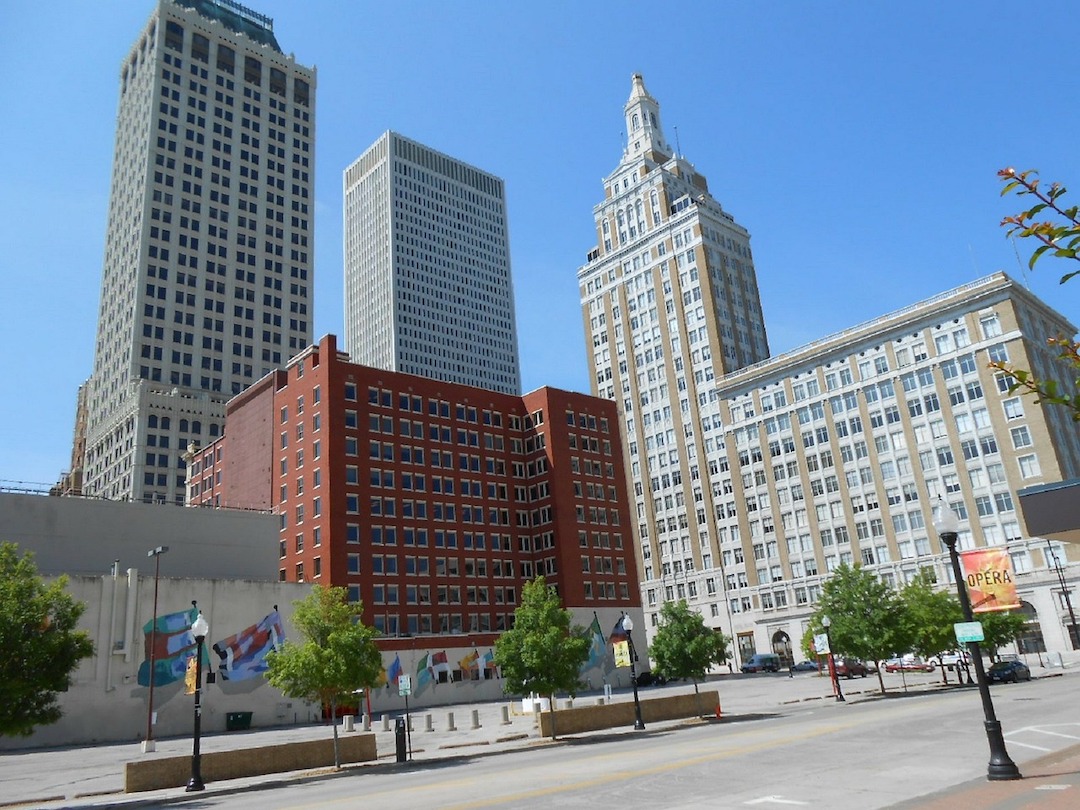The Oklahoma Uniform Building Code Commission rejected a proposal by its Energy Conservation Technical Committee to upgrade the state’s residential energy conservation code.
The commission, composed of builders, subcontractors, engineers, code officials, and other construction industry professionals, voted unanimously against the committee’s research and recommendations. That proposal was based on the 2015 International Residential Code, a less stringent version than the most recent 2018 code.
The chairman of the committee expects the commissioners to derail the entire effort to beef up the state’s code. Many members of the commission opposed the committee’s work from the onset, citing concerns that the code would add construction costs and would amount to a government mandate, he said.
One commissioner quoted in an article in the Oklahoman, pointed to “tremendous escalation in demand which has caused rapid increases in home prices,” in recent years. In addition, the current labor shortage would challenge jurisdictions to increase the levels of inspections, he said. Another complaint: a shortage of energy raters would make it difficult to test every new home.
Related Stories
Codes and Standards | Jul 22, 2024
Tennessee developers can now hire their own building safety inspectors
A new law in Tennessee allows developers to hire their own building inspectors to check for environmental, safety, and construction violations. The law is intended to streamline the building process, particularly in rapidly growing communities.
Codes and Standards | Jul 22, 2024
New FEMA rules include climate change impacts
FEMA’s new rules governing rebuilding after disasters will take into account the impacts of climate change on future flood risk. For decades, the agency has followed a 100-year floodplain standard—an area that has a 1% chance of flooding in a given year.
Sustainability | Jul 18, 2024
Grimshaw launches free online tool to help accelerate decarbonization of buildings
Minoro, an online platform to help accelerate the decarbonization of buildings, was recently launched by architecture firm Grimshaw, in collaboration with more than 20 supporting organizations including World Business Council for Sustainable Development (WBCSD), RIBA, Architecture 2030, the World Green Building Council (WorldGBC) and several national Green Building Councils from across the globe.
MFPRO+ News | Jul 15, 2024
More permits for ADUs than single-family homes issued in San Diego
Popularity of granny flats growing in California
Codes and Standards | Jul 15, 2024
New York City code update changes definition of a major building
Changes affecting how construction projects in New York City are permitted will have significant impacts for contractors. On Dec. 11, the definition of a major building in the city’s code will change from 10 stories to seven, or 75 feet. The change will affect thousands more projects.
Government Buildings | Jul 8, 2024
GSA adopts new accessibility guidelines for federal properties
The U.S. General Services Administration (GSA) adopted a new rule with new accessibility guidelines for federal buildings. The rule establishes that pedestrian facilities in the public right-of-way are readily accessible to and usable by people with disabilities.
Office Buildings | Jul 8, 2024
Office vacancy peak of 22% to 28% forecasted for 2026
The work from home trend will continue to put pressure on the office real estate market, with peak vacancy of between 22% and 28% in 2026, according to a forecast by Moody’s.
Green | Jul 8, 2024
Global green building alliance releases guide for $35 trillion investment to achieve net zero, meet global energy transition goals
The international alliance of UK-based Building Research Establishment (BRE), the Green Building Council of Australia (GBCA), the Singapore Green Building Council (SGBC), the U.S. Green Building Council (USGBC), and the Alliance HQE-GBC France developed the guide, Financing Transformation: A Guide to Green Building for Green Bonds and Green Loans, to strengthen global cooperation between the finance and real estate sectors.
Codes and Standards | Jul 8, 2024
New York State building code update would ban fossil fuels in new buildings
New York’s Building Code Council is set to include the All-Electric Buildings Act in its 2025 code update. The Act would ban natural gas and other fossil fuels in new buildings.
Contractors | Jul 1, 2024
New emergency cooling vest can prevent heat-related deaths on construction sites
A new emergency cooling vest is designed to prevent heat-related deaths without requiring electricity or refrigeration. The lightweight ColdVest is the world’s first portable, Class 1 FDA emergency cooling device that can rapidly lower core body temperatures up to 5 degrees in under 3 minutes.

















